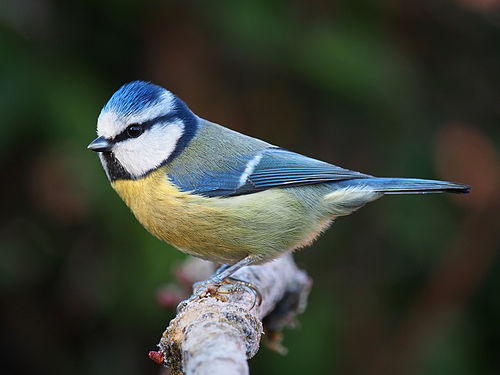Organismnoun
(biology) A discrete and complete living thing, such as animal, plant, fungus or microorganism.
Organismnoun
(by extension) Any complex thing with properties normally associated with living things.
Organismnoun
Organic structure; organization.
Organismnoun
An organized being; a living body, either vegetable or animal, composed of different organs or parts with functions which are separate, but mutually dependent, and essential to the life of the individual.
Organismnoun
a living thing that has (or can develop) the ability to act or function independently
Organismnoun
a system considered analogous in structure or function to a living body;
Organism
In biology, an organism (from Greek: ὀργανισμός, organismos) is any organic, living system that functions as an individual entity. All organisms are composed of cells (cell theory).
Speciesnoun
Type or kind. race.}}
Speciesnoun
A group of plants or animals having similar appearance.
Speciesnoun
(taxonomy) A rank in the classification of organisms, below genus and above subspecies; a taxon at that rank.
Speciesnoun
(mineralogy) A mineral with a unique chemical formula whose crystals belong to a unique crystallographic system.
Speciesnoun
An image, an appearance, a spectacle.
Speciesnoun
(obsolete) The image of something cast on a surface, or reflected from a surface, or refracted through a lens or telescope; a reflection.
Speciesnoun
Visible or perceptible presentation; appearance; something perceived.
Speciesnoun
A public spectacle or exhibition.
Speciesnoun
(Christianity) Either of the two elements of the Eucharist after they have been consecrated.
Speciesnoun
Coin, or coined silver, gold, or other metal, used as a circulating medium; specie.
Speciesnoun
A component part of compound medicine; a simple.
Speciesnoun
An officinal mixture or compound powder of any kind; especially, one used for making an aromatic tea or tisane; a tea mixture.
Species
Visible or sensible presentation; appearance; a sensible percept received by the imagination; an image.
Species
A group of individuals agreeing in common attributes, and designated by a common name; a conception subordinated to another conception, called a genus, or generic conception, from which it differs in containing or comprehending more attributes, and extending to fewer individuals. Thus, man is a species, under animal as a genus; and man, in its turn, may be regarded as a genus with respect to European, American, or the like, as species.
Species
In science, a more or less permanent group of existing things or beings, associated according to attributes, or properties determined by scientific observation.
Species
A sort; a kind; a variety; as, a species of low cunning; a species of generosity; a species of cloth.
Species
Coin, or coined silver, gold, or other metal, used as a circulating medium; specie.
Species
A public spectacle or exhibition.
Species
A component part of a compound medicine; a simple.
Species
The form or shape given to materials; fashion or shape; form; figure.
Speciesnoun
(biology) taxonomic group whose members can interbreed
Speciesnoun
a specific kind of something;
Speciesnoun
a group of living organisms consisting of similar individuals capable of exchanging genes or interbreeding. The species is the principal natural taxonomic unit, ranking below a genus and denoted by a Latin binomial, e.g. Homo sapiens.
Speciesnoun
a group subordinate to a genus and containing individuals agreeing in some common attributes and called by a common name.
Speciesnoun
a kind or sort
Speciesnoun
used humorously to refer to people who share a characteristic or occupation
Speciesnoun
a particular kind of atom, molecule, ion, or particle
Speciesnoun
the visible form of each of the elements of consecrated bread and wine in the Eucharist.
Species
In biology, a species is the basic unit of classification and a taxonomic rank of an organism, as well as a unit of biodiversity. A species is often defined as the largest group of organisms in which any two individuals of the appropriate sexes or mating types can produce fertile offspring, typically by sexual reproduction.























